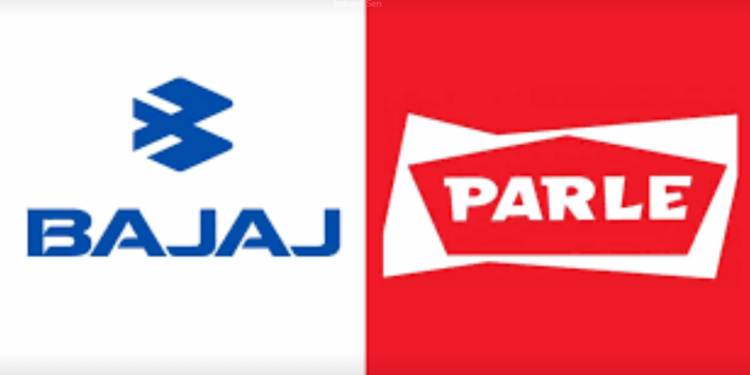In 1991, when the PV Narasimha Rao government was dismantling the license quota raj to shackle the foundations of a socialist economy in India, there were few industrialists who opposed it. The popular perception about industrialists in today’s India is that they support privatization and minimization of entry barriers.
But, there had been a time, not long ago, when many industrial houses vehemently opposed economic liberalization. If an industrial house has unsaid monopoly in a particular market and the government is minimizing the entry barriers to ensure more domestic and international players can enter in the market, the monopolist is going to oppose it. And this is exactly what many business houses like Parle Group, Bajaj Group, Tata Group, did in the early 1990s when Rao government was taking steps to liberalize the Indian economy.
“I don’t think anybody can be against the concept of foreign investment in the country. But studies have shown that in the case of very few foreign companies is there a positive inflow of foreign exchange,” said Parle Group chairman Vijay Chauhan in 1991 on economic liberalization.
“Now I feel the only legitimate reason for having foreign investment in the country should be technology. Unfortunately, people have gone to the extent of justifying the need for foreign collaboration for scooter seats and rear-view mirrors. Bajaj has been making them for years. These kinds of collaboration are heavily import-oriented,” he added in order to ensure that there is no competition for business houses like his and Bajaj.
Although his words were cryptic in this statement made in a debate organized by India Today, the opposition of his company to economic liberalization was vehement. Bajaj Group, who sold substandard scooters to Indians for decades, was more open and accused the Rao government of destroying Indian economy. These facts are well-documented in media and in academia as well as by scholars like Vinay Sitapati.
Today, when the Modi government is completing the task left by the Rao government by dismantling the socialist pillars and implementing one reform after another, these players are not happy. Born, bred and grown with the facade of secular ideals and having enjoyed the monopoly for decades under the socialist economy, these industrial houses try to throw the Modi government under the bus whenever they get a chance.
Not just the Modi government, but even the players that are sympathetic towards the regime and do not believe in the Congress’ ideals of socialism and secularism are being targeted. The Bajaj and Parle Group have decided that they will advertise on Republic TV, a media house known for aligning with the Modi government on many ideological issues.
In the last three decades, the market share of Bajaj Group, Parle Group, Tata Group and many other industrial houses which were opposed to economic liberalization, has consistently fallen; thanks to the entry of new players. They were selling substandard products to Indian consumers given their monopoly and when the new players entered, these companies were cornered.
Three decades ago Bajaj had a near-monopoly in two-wheelers while today it is in third place after Hero and Honda. Although the company adapted to increasing competition, it still could not maintain the leadership position, and now, is left with less than 20 per cent of the market share.
Parle G – A fond memory from my childhood. some still eat Parle G, while some have moved to flashier brands. Chai & Parle G biscuits truly represented the India of 80s/90s. This thread is about the era when Parle G ruled the markets and hearts. But it’s not mushy nostalgic crap.
— Atul Kumar Mishra (@TheAtulMishra) October 18, 2020
Similarly, Parle Group has a near-monopoly in the biscuits market but today its share is just 20 per cent with Britannia in the leadership position. Majority of the Parle’s sales come from rural India and low-income families, which shows that as the family grows they switch to better national and international brands like Britannia, ITC, and Mondeleze. Unibic, an Australian premier biscuit brand which entered the market a few years ago, has also made a considerable presence. Parle has come down from 70 per cent market share to 20 per cent in a short period of 3 decades given its sub-standard products.
In the last few years, these companies have tried to throw the Modi government under the bus many times. Rahul Bajaj’s infamous comment on the Modi government is well known and the Parle Group, which claimed that thousands of its workers lost jobs and in the very next quarter posted the highest profit, is also not forgotten.
These companies still remember their golden days of secularism and socialism and make little efforts to bring back the same through steps like ads boycott and politicization of business.


























Where is the BLACK THEME.